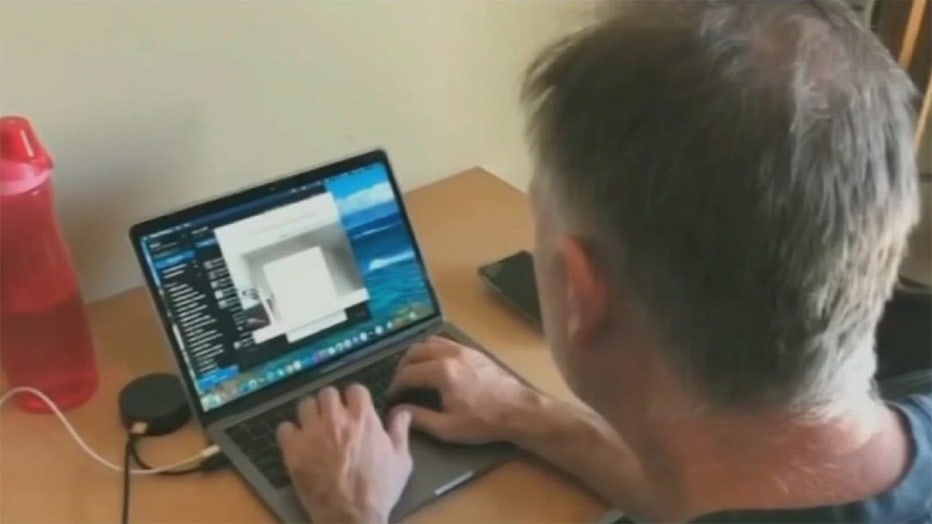Dating later in life: How to make connections while also staying safe from scammers

Online dating for seniors: How to have fun and keep yourself safe
Online dating is becoming increasingly popular for older singles looking for love, but it also makes them more susceptible to romance scams. In this news report, we explore the success stories and risks of online dating for those in their 50s, 60s, and 70s. Lisa Copeland, a dating coach, shares how many of her clients have found love online, while Liz Loewy, former Chief of the Elder Abuse Unit for the Manhattan District Attorney, warns about the dangers of romance scams targeting the elderly.
There are a lot of options for those hitting the dating scene later in life and a lot of older singles are meeting online.
"I've had lots of clients have amazing success finding love," Lisa Copeland, a dating coach from FindAQualityMan.com, told FOX 5 New York.
"I only work with women in their 50's, 60's and 70's, but I have found my 70-year-olds actually have the best time with that," Copeland added. "I think they're just not so stuck on the perfection of how everything has to be and they want to have fun. A lot of people don't want marriage. They're pretty set in their ways, but. They want that connection to someone. They want their person."
That's if you know what you're doing but when you don't, you could become a victim of fraud.

Man on a laptop. (FOX 5 New York)
According to Liz Loewy who was chief of the elder abuse unit for the Manhattan District Attorney’s Office, with romance fraud, scammers tend to focus on the elderly.
"Older people tend to be savers," Loewy said. "Many of them are widows or widowers and are lonely and looking for love. So, you know, they go where the money is. And a lot of times older people present that really horrible opportunity."
In 2022, nearly 70,000 people reported a romance scam and the reported losses hit an astonishing $1.3 billion, according to the Federal Trade Commission. The median reported loss was over $4,400.
"Older people should understand that often the scammer takes some time to groom that victim and then comes the big kill—almost always they ask for money—and usually they ask for money before they meet," Loewy continued.
Loewy is now the COO of EverSafe which offers a free hotline. The idea started during the pandemic as a resource for those concerned about potential fraud.

